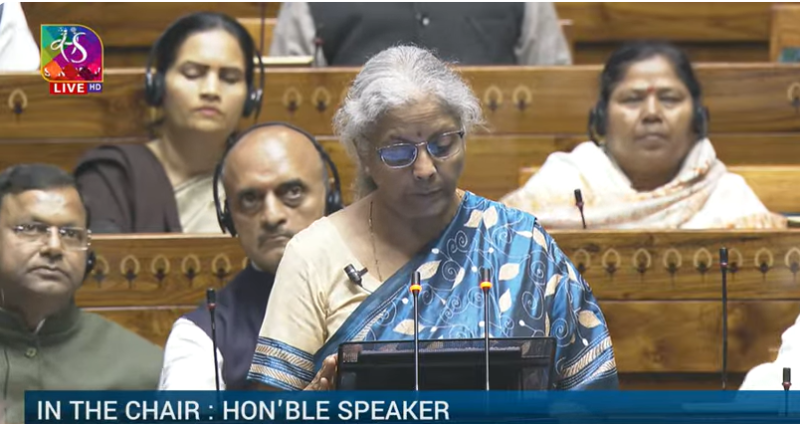Mr Sohinder Gill, Director General, Society of Manufacturers of Electric Vehicles (SMEV)
The 2024-2025 Interim Union Budget emphasizes a green public transportation system, prioritizing a strong charging infrastructure for widespread adoption of electric vehicles. India's vast expanse requires a comprehensive network with thousands of installations. This commitment is poised to spur employment growth, benefiting startups and MSMEs, with ongoing service and maintenance creating additional job opportunities.
However, a noticeable gap in the budget is the absence of continued direct customer subsidies, a critical element that played a substantial role in driving the adoption of electric vehicles across various categories over the last two years.
We eagerly await the government's comprehensive strategy and commitment to sustaining the electric vehicle manufacturing ecosystem. It is anticipated that a combination of fiscal and non-fiscal interventions will be outlined, offering crucial support for the industry in the coming years until it achieves a threshold for self-sustained growth.
Ms Priyanka Surana Bardia, Director, Aakash Aath
The 2024 Union Budget is more focussed on the Holistic development of the Nation. The monetary investments pertaining to the implementation of the Welfare schemes decided for progress of the women, youth and the underprivileged section of the society will hugely benefit in forming an affluent and a steady Country. The Budget aims to equip the citizens with a modern education system where their aspirations will be fulfilled by the maximum utilization of their potentials. However, there are no as such new benefits on Taxation Policies but the Government's focus on the certain new Tax Measures for the Start Ups will assist millions of entrepreneurs to explore and establish to new heights.
Mr Sahil Saharia, CEO, Shristi Infrastructure Development Corporation Limited
One notable aspect of the current budget is the government's dedication towards addressing the housing requirements of the middle class. The primary goal of this initiative is to enable these individuals to either buy or construct their own homes. This declaration represents a significant stride in promoting affordable housing and realizing the dream of homeownership for the middle class. By specifically targeting individuals in rented dwellings or informal settlements, the government is recognizing the challenges faced by a substantial portion of the population and is implementing concrete measures to provide them with a viable path to owning a home.
Mr Arya Sumant, Managing Director, Eden Realty
We welcome the government's decision to launch a scheme for deserving sections of the middle class living in rented houses or slums to build or buy their own houses. This will have a long-standing effect on not only the real estate industry but also the related industries like housing finance, construction materials like cement etc. We expect a more robust plan in the final budget to be presented in July.
Mr Rishi Jain, Managing Director, Jain Group
There are no unnecessary populist measures, big or structural changes or needless twiddling of tax rates. This is a welcome move since businesses thrive on stability and doling out freebies at tax payers expense is unwelcome.
The move to bolster PMAY - Grameen program and to accelerate the housing for all mission is obviously a cause for celebration . I predict the higher capital outlay towards long term infrastructure will also have a positive effect on Real estate industry.
Domestic Tourism encouragement and financing can also be seen as positive. As with all previous budgets of FM, there is no hype, rather a quite confidence to prioritise India's finances towards long term solutions. I am confident that the Indian economy will witness optimism going forward.
Mr Sanjay Jain, MD, Siddha Group
We extend our heartfelt appreciation for the government's laudable decision to introduce a visionary initiative in the interim budget catering to the deserving segments of the middle class, particularly those residing in rented houses or slums, empowering them to 'acquire a home of their own'. This judicious move promises not only to boost the real estate sector but also the ancillary industries such as housing finance, material sourcing, architecture and design etc.


